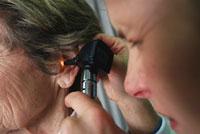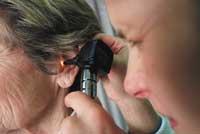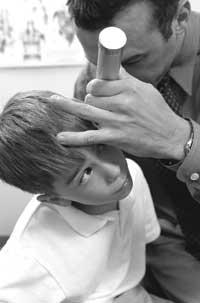Progress in auditory recovery
2001/03/27 Galarraga Aiestaran, Ana - Elhuyar Zientzia

Holley believes that working the cells established together with cochlear implants can achieve auditory recovery. In fact, the cochlear implant that excites the auditory nerve only succeeds in some cases. For example, due to the deterioration of the hearing nerve in the long term, cochlear implant is not adequate.
The replacement of the auditory nerve cells allows to improve the electrical contact between the implant and the brain. In this way, the efficacy of the implants is increased and can be used in many more patients. Researchers believe that within three or five years they will be able to achieve these advances.
In other research, stem cells have been used to obtain ear cells, but have not yet been pruned in humans. For the moment, before rehearsing with human beings, they must investigate more, since the ear is a very complex organ. If it is possible to genetically modify the hearing cells of the embryos, cell cultures could be made and the type of cells needed.
The team led by Holley has genetically modified the ear cells of mice and has achieved different types of human ear cells. They say that in the future they will be able to recover their ears with genetically modified cells and without implants.

Gai honi buruzko eduki gehiago
Elhuyarrek garatutako teknologia





